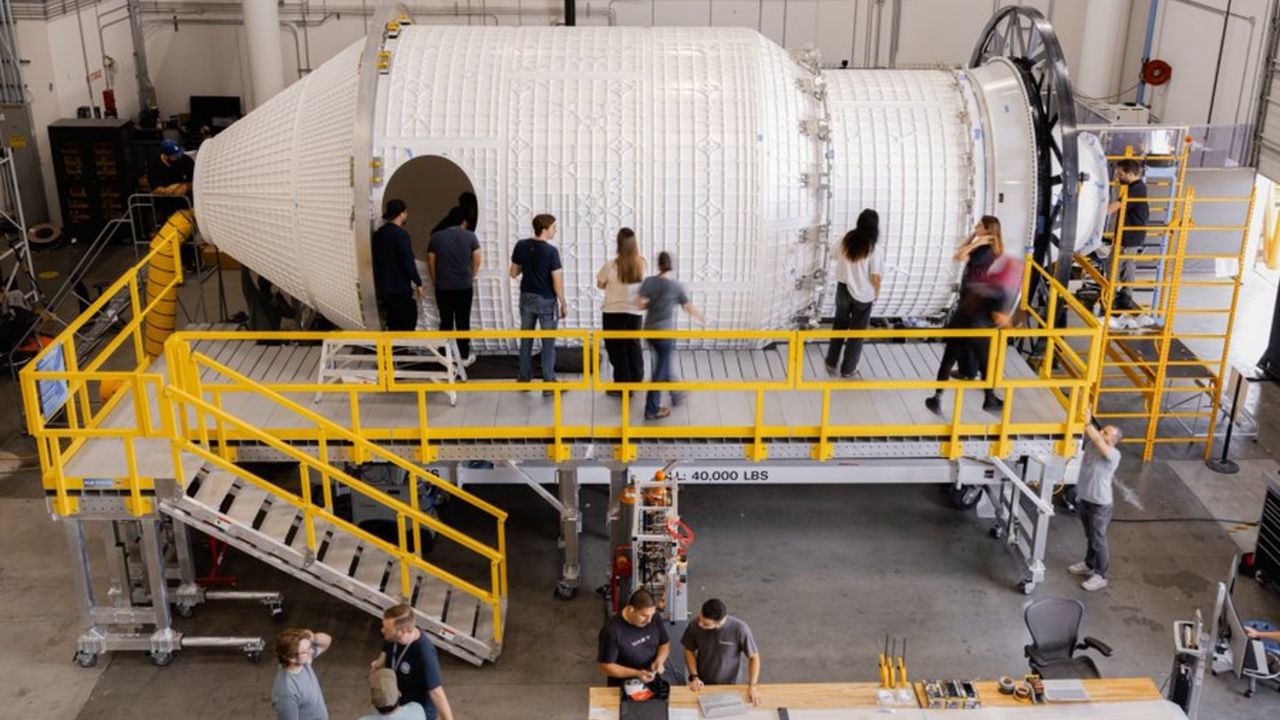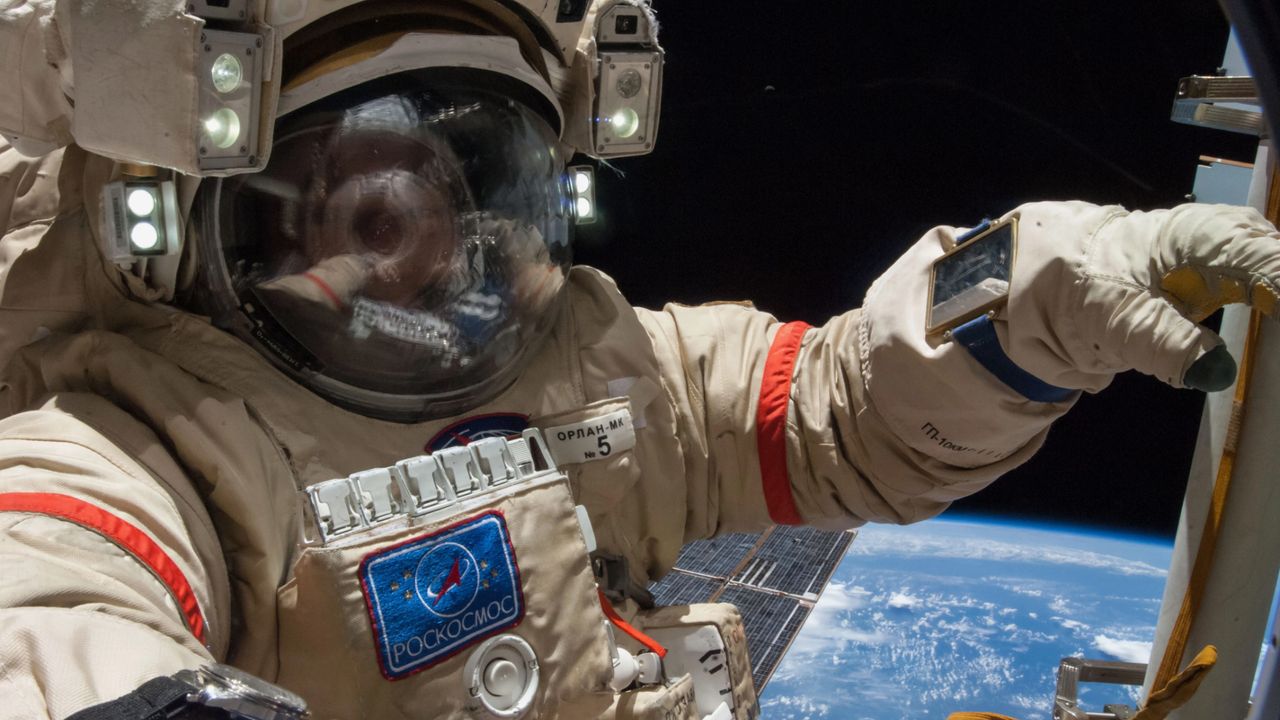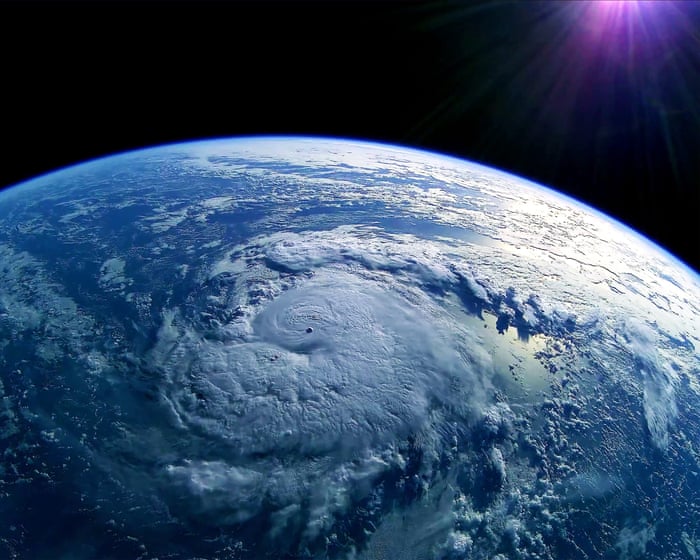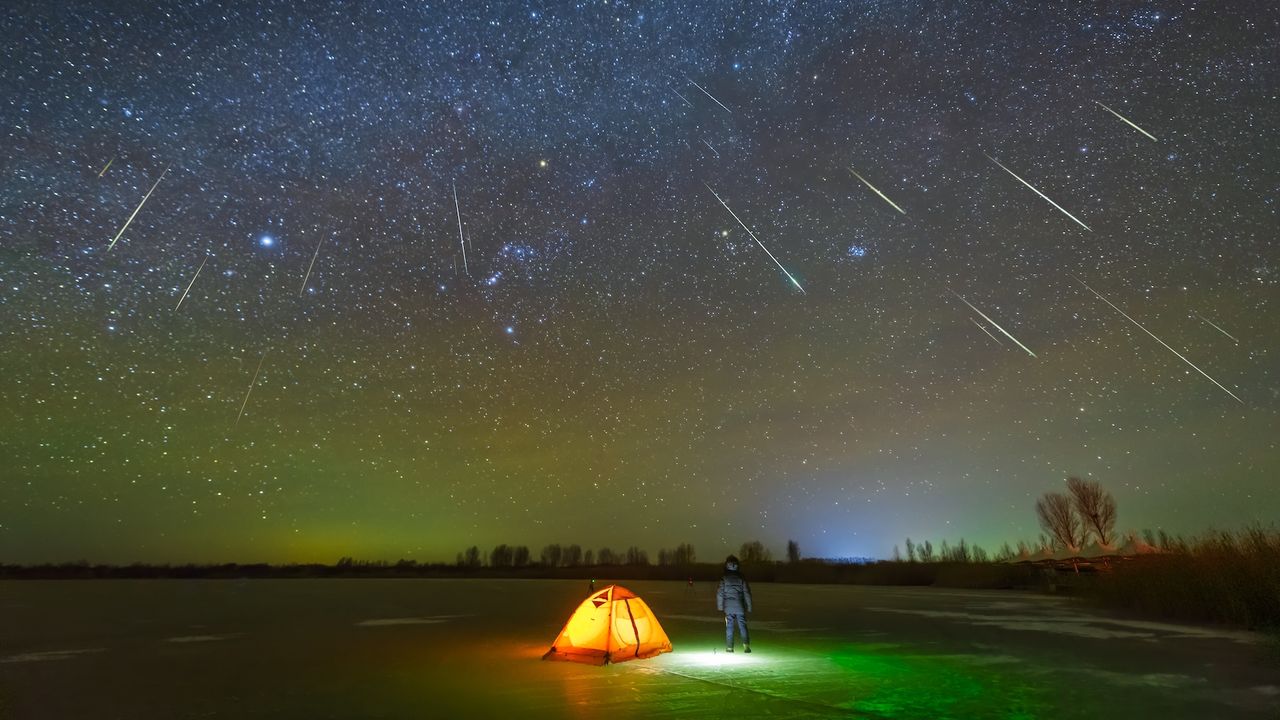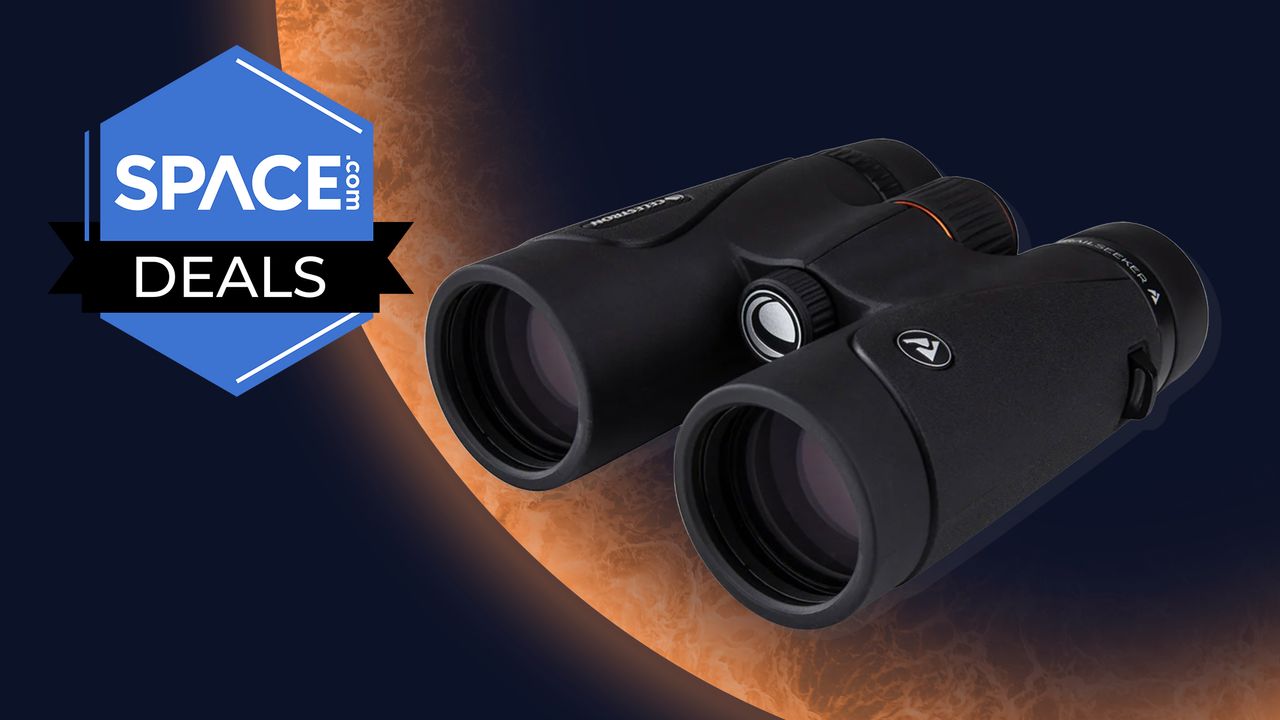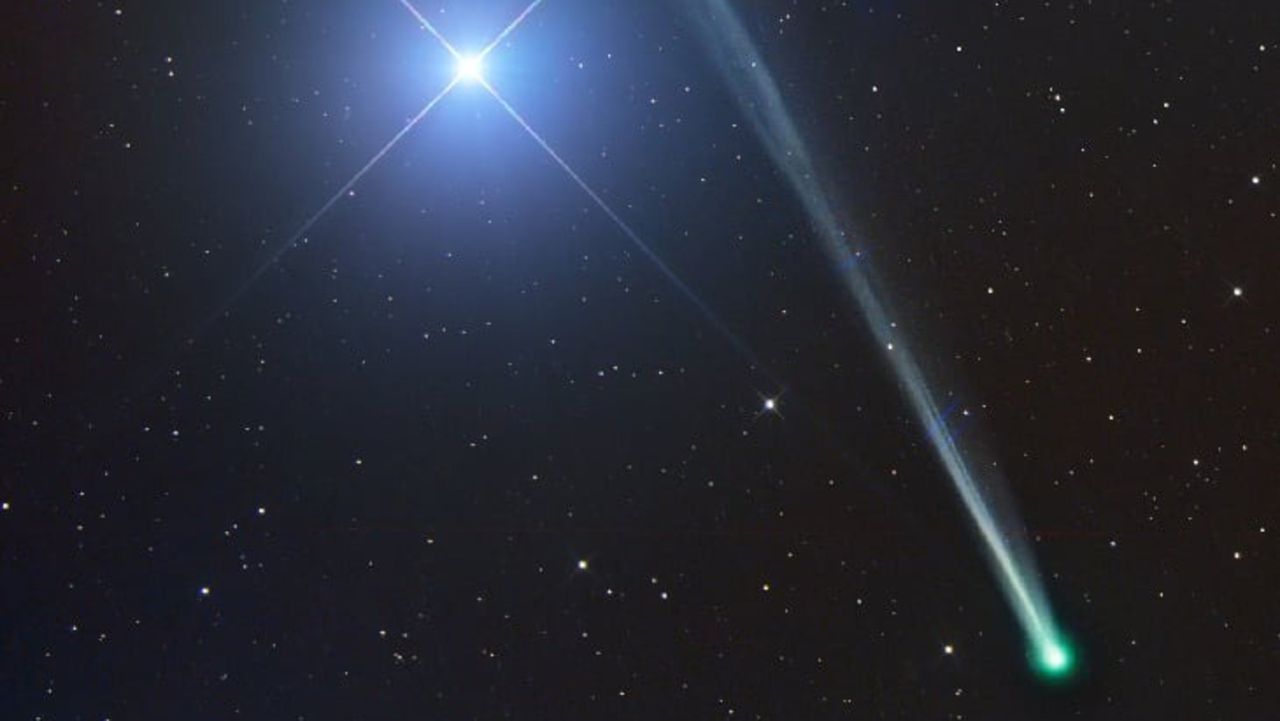Russian cosmonauts install semiconductor experiment, jettison old HDTV camera during spacewalk outside ISS
PositiveScience
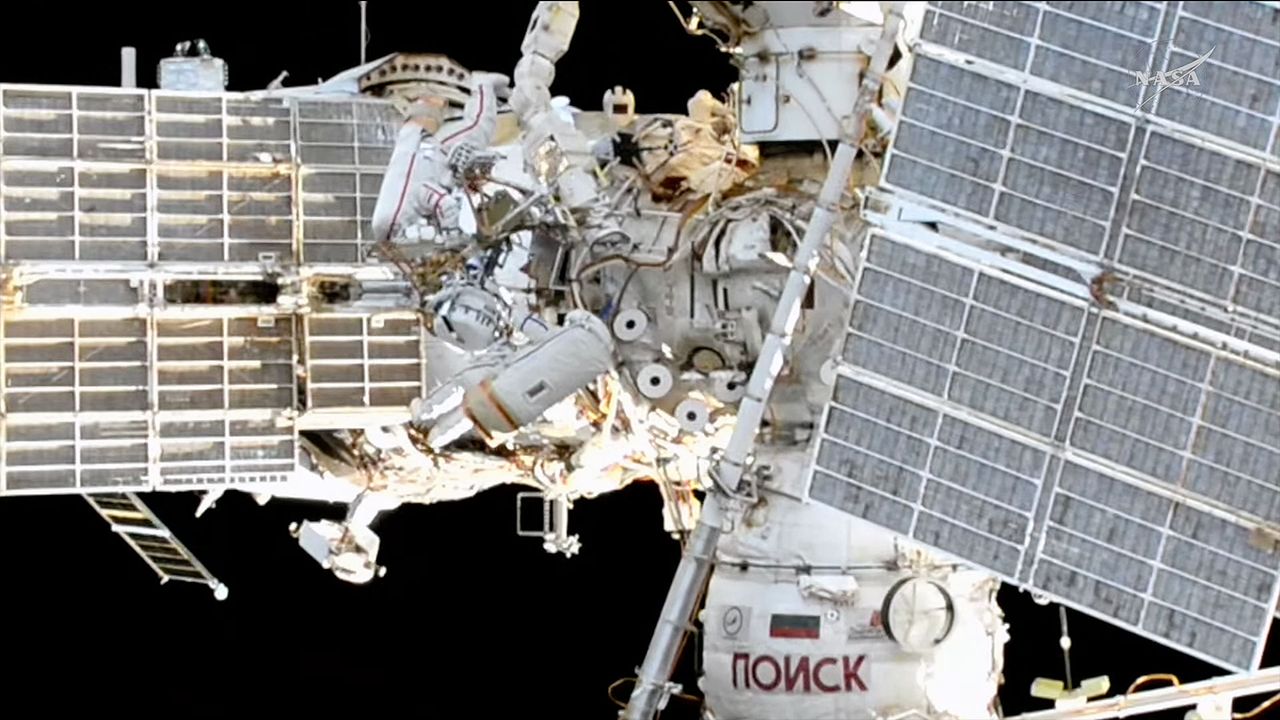
On October 16, Russian cosmonauts Sergey Ryzhikov and Alexey Zubritsky successfully conducted a spacewalk outside the International Space Station. They installed a semiconductor experiment and jettisoned an old HDTV camera, showcasing the ongoing advancements in space technology. This event is significant as it highlights the collaborative efforts in space exploration and the continuous upgrades to equipment that enhance scientific research.
— Curated by the World Pulse Now AI Editorial System
